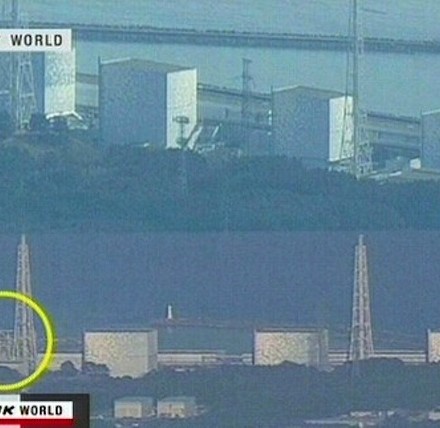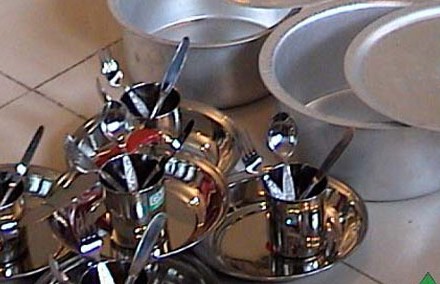Protection after a nuclear blast
Protection in case of a cooling failure of Japanese Nuclear Power plants after earthquake and tsunami on 2011 March 11. The first step is to survive the nuclear blast, itself. After that, you must take special precautions to protect yourself and your family from the residual dangers from the blast. The radiation from a nuclear […]
Soil Decontamination/ Phytoremediation
After man-made chemical or nuclear accidents, soil often remains contaminated with chemical substances that are dangerous to human health. In order to recover contaminated soils, chemicals can be extracted either chemically by acids or biologically by plants. The removal by plants is called, phytoremediation. In chemical cleansing the soil has to be removed and treated […]
Demining
MgM Menschen gegen Minen / People Against Landmines is an NGO working in the field of landmine detection and destruction. Their website provides a thorough insight into the subject, both on political implications and on practical demining methods and new technologies. The existence of landmines in public spaces is one of the cruelest aftermaths of […]
Malnutrition
Malnutrition is a phenomenon related both to a shortage in food security and to medical issues. Its occurrence is often but not always related to food shortage. The persons affected are to be perceived as being in need not only of food but of medical supervision, attendance and care. The phenomenon of malnutrition and procedures […]
Healthcare
The right to health is a basic human right embodied in various international legal constitutions. This right includes, not only, access to a healthcare system, but also access to other determinants of health – nutrition, water and sanitation, housing, safe environmental conditions, health-related education, non-discrimination and life in human dignity. Health impacts of disasters: Direct: […]
Food Security and Food Aid
The issues of security, food aid and malnutrition make a complex system of intertwined aspects. Food security deals with the right and the physical and economic access of human beings to food, not only dependent on supply but also on employment, income, political and social implications. Procedures undertaken to assess problems of food insecurity are […]
Basic equipment and supply
The Sphere Project has defined the basic equipment that a refugee person should be provided with. The equipment can be divided into what is needed per household and per person. Each household: Each household needs shelter for protection against climate and diseases, for privacy and social security, ideally including the possibility for subdivision and needs to […]





